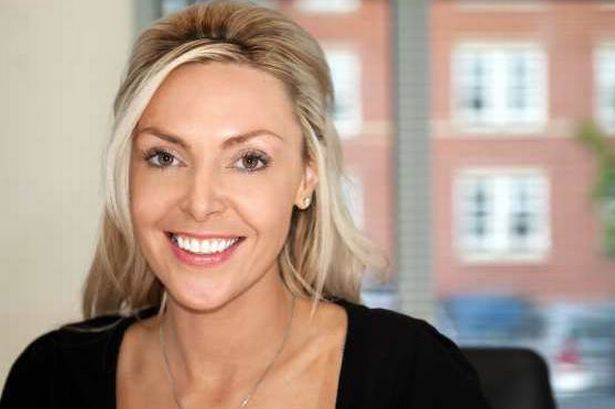UK's #1 Press Release Distribution Service
A Digital PR Solution for Every Business
PR Fire is the UK’s leading press release distribution service, offering global reach and powerful media visibility. We help businesses of all sizes get their news distributed, syndicated, and featured on high-authority news websites and media outlets.
Join over 10,000 businesses that trust PR Fire to increase brand visibility, boost online presence, and gain widespread media coverage. Get your press release seen by the right audience today.
Whether you already have your content ready or need it professionally written, PR Fire offers tailored Digital PR solutions to help your business get noticed and reach the right audiences.
Need a press release distribution service?
Choose PR Fire
At PR Fire, we believe media visibility should be accessible to every business. That’s why we create custom media lists for each campaign, ensuring your press releases reach the most relevant audiences and maximise organic distribution pick-up.
Our team of experienced journalists, SEO specialists, and digital PR experts delivers top-quality service at an affordable and transparent price, ensuring your content reaches the right audience to boost your campaign.
We’ve helped over 10,000 businesses to gain widespread media coverage and boost content performance. PR Fire can help your brand achieve the same impactful results today.
Grow Your Brand Today
Already have a press release ready to go? Choose our Distribute Only option to upload it to our portal, select your distribution preferences and checkout within minutes.
Need help with writing? Choose our Write & Distribute option to get your press release written for you by our skilled team of journalists who know what makes a good story. You’ll enter your short brief and select distribution preferences now, and we’ll contact you for a phone or Zoom consultation before finalising your story.
Looking for a more bespoke Digital PR solution? Book a call with us today to discuss exactly how we can help you.
Distribute Your Press Release today
£95
+VAT
- Targeted regional media
- Industry-specific titles
- National interest media
- Google News Guaranteed
- Add-ons available
- Full Distribution Report
- PR & Marketing agency recommended
We Write & Distribute Your Press Release
£290
+VAT
- Pop us a short outline
- We do a Phone or Zoom Consultation
- We write and publish your article
- Targeted regional media
- Industry-specific titles
- National interest media
- Google News Guaranteed
- Add-ons available
- Full Distribution Report
Boost the reach of your press release with guaranteed add-ons from just £45! Select from our wide range of guaranteed placements and see your content’s visibility increase. Find out more here
Why PR Fire?
A well-crafted press release is one of the most effective ways to share your business news, and PR Fire makes securing media coverage simple, transparent, and affordable.
With transparent, upfront pricing, you can maximise the impact of your budget. There are no hidden fees or expensive PR agency charges.
PR Fire also saves you time by handling the PR legwork you can’t do or don’t have time for. We’re here to help your business get noticed.
- Rank higher on Google
- Drive traffic to your website
- Build your brand
- Generate qualified leads
- Increased visibility
- Establish your business as an industry authority
Here's How It Works
With just a few clicks, you can upload your press release and be ready to share your company news with the world. Each press release is assigned to an account manager who oversees the campaign end-to-end to ensure a quick and efficient process.

Submit…
Submit your press release or story outline along with a campaign brief to PR Fire’s online portal.

Build…
The PR Fire team creates a custom-built media distribution list of industry-specific journalists

Publishing…
PR Fire will then distribute to the media list and publish your content on any chosen optional guaranteed media add-ons.

Report…
You will then receive a full distribution report, and any guaranteed links once the campaign is complete.




















